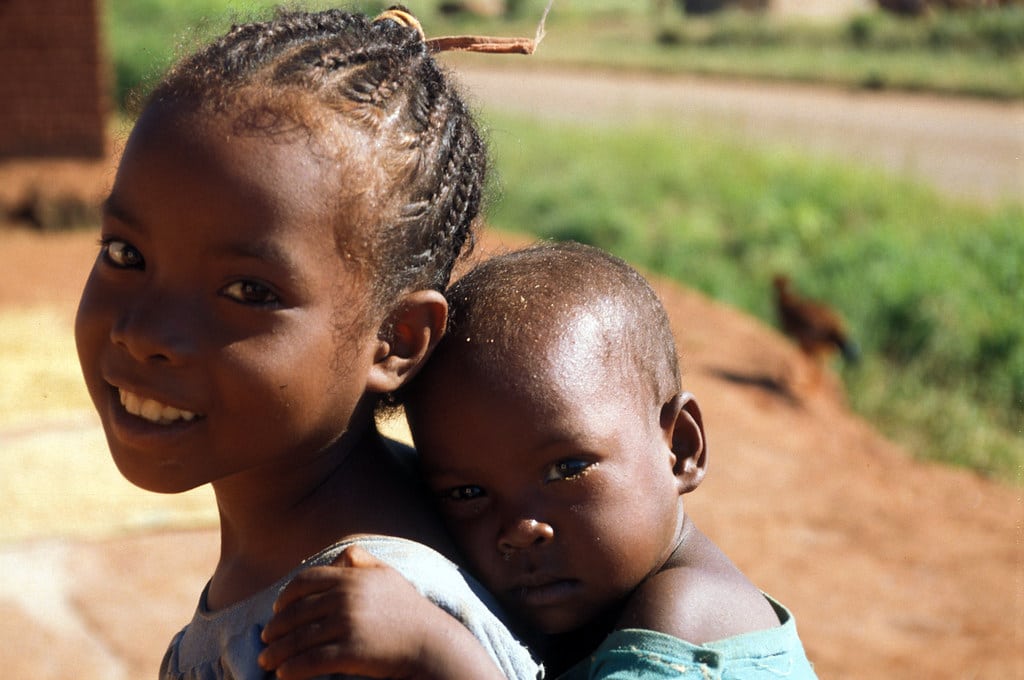
Introduction
Article 14 of the Constitution of India talks about equality before law. It states that every child shall ensure equality before the law and equal protection of law within the boundaries of India. Every person whether legal or natural has given rights. In addition, every human being is treated equally. However, based upon their susceptibility to exploitation due to age, gender, tenderness and understanding, they are given special privileges. Children are also given privileges due to their vulnerability and susceptibility to exploitation. Before we delve into this, lets see the definition of child under Article 1 of UN convention on the rights of the child states that every human being below the age of 18 years is considered as a child provided that age of majority is not earlier in the applicable state.
International perspective
Children are given various rights mentioned in the convention on the rights of children and they are – Article 6 of the UN convention on rights of the child states that children have the right to survive. The state should ensure that children are given the right to life. Article 7 of UNCRC provides the right to the children to be registered after their birth. It is the responsibility of the State to ensure their right. Article 13 of UNCRC provides freedom of expression to the Children while Article 16 of UNCRC talks about privacy and protection against arbitrariness. Article 20 of the aforementioned convention talks about the right to special protection and assistance.
Indian perspective
In India, various acts and provisions of the constitution of India provide protection to the children such as Juvenile justice care and protection of children act, 2000, Protection of children from sexual offences act, 2012 and many others. Article 15(3) of Constitution of India states that no one shall prevent the state from making any special provision for women and children. Article 21a of Constitution of India talks about the right to education given to children. It states that the state shall provide free & compulsory education to children of the age of six to fourteen years. Article 24 of the Constitution of India talks about prohibition of employment of children in factories, etc. It states that it is prohibited to employ a child below 14 years of age to work in any factory or mine or in any hazardous work. Article 39(e) of constitution of India states that the state shall direct its policy to ensure that the children are not abused and are not forced by economic necessity to work which does not suit their age strength. Article 39(f) of the constitution of India states that the state shall direct its policy to ensure that children are given opportunities and facilities to develop and at the same time they are being protected against exploitation and material abandonment. Article 45 of constitution of India states that States shall provide early childhood care and education to all children who have not completed the age of six years.
